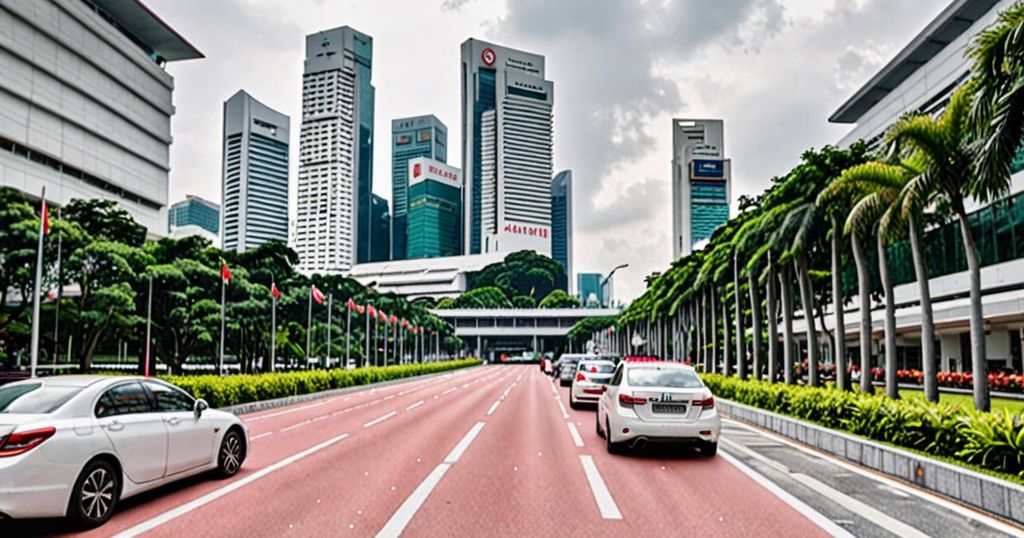The enactment of the Foreign Interference Countermeasures Act (FICA) in Singapore has triggered apprehension among autonomous news outlets and observers within the nation. Despite the government’s assertion of the law’s necessity in thwarting foreign interference in domestic affairs, skeptics are apprehensive that it will further curtail freedoms within the tightly-regulated city-state.
The all-encompassing language of FICA has elicited concern, with some characterizing it as a “Trojan horse” while others express unease over its potential repercussions on independent journalism. Under this new legislation, individuals and entities can be designated as “politically significant persons” by authorities, with indistinct explication of the extent of powers wielded by the Home Affairs Minister under FICA. Additionally, the law encompasses regulations mandating the disclosure of relationships with “foreign principals” and imposing restrictions on individuals and entities interfacing with “foreign principals” in political matters.
This new law poses a significant menace to independent media outlets in Singapore, many of which have faced censure and penalties from authorities for alleged foreign affiliations in the past. The constraints imposed by FICA could potentially lead to further constraints on freedom of expression, with the potential to impact even established traditional media outlets.
Singapore’s mass media landscape has long been dominated by a near-duopoly, with regulatory and licensing environment, along with strict censorship and defamation laws, curtailing free expression. The introduction of the Protection from Online Falsehoods and Manipulation Act (POFMA) in 2019 already empowers ministers to mandate the removal of content deemed to be “online falsehoods.”
Critics are apprehensive that FICA may further impede oppositional and independent journalism, which is vital for a diversified media ecosystem. The absence of competition may also yield enduring adverse implications for even firmly established media outlets. Despite the government’s assurances that the law will not be applicable to Singaporeans engaging in discussions, concerns persist over the potential misuse of FICA by the authorities.
The absence of known instances of Singaporean journalists being implicated in overt influence campaigns notwithstanding, experts caution about the potential for misuse of FICA if endeavors are discovered to be part of hostile information campaigns. Some contend that ensuring the law’s conscientious application, and targeting exclusively those found to be engaged in activities detrimental to the country’s interests, is paramount.
For autonomous news organizations and journalists such as Kumaran Pillai, the enactment of the new law signifies contending with “difficult decisions” in the future. As the breadth and implementation of the law become more transparent, the implications for independent journalism in Singapore will become increasingly perceptible.
In summation, the FICA law in Singapore has elicited widespread apprehension about its potential repercussions on the nation’s media landscape. The law’s ambiguous language and potential for misuse have engendered apprehensions regarding the future of independent journalism and freedom of expression within the city-state. With escalating pressure from rights organizations and ongoing debates about the law’s legitimacy, its effects on the media environment in Singapore are yet to unfold.

Leave a Reply